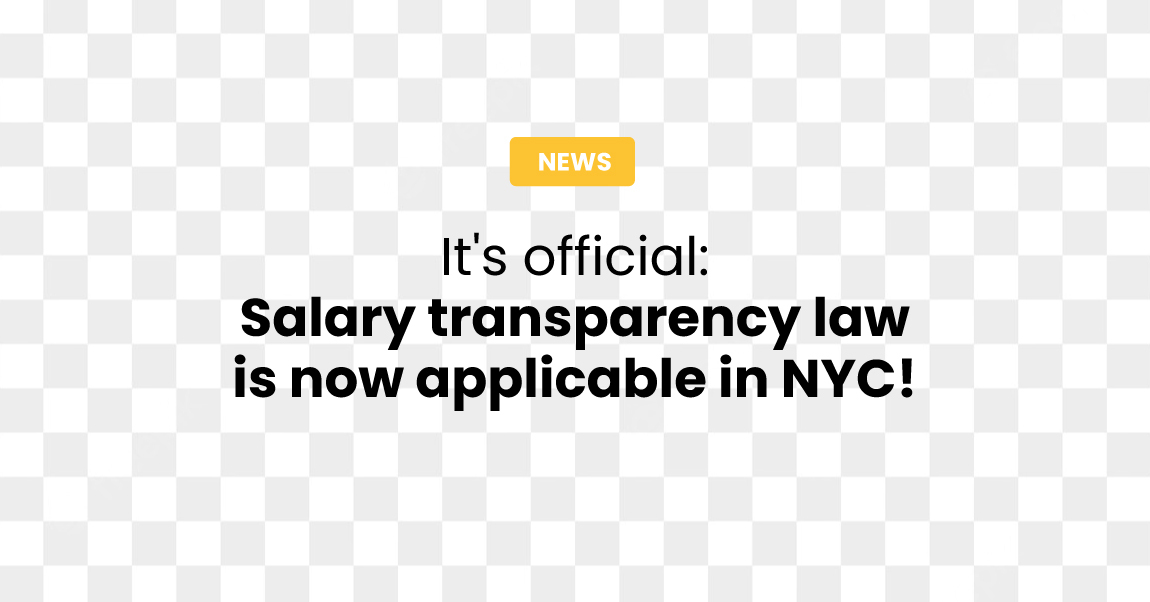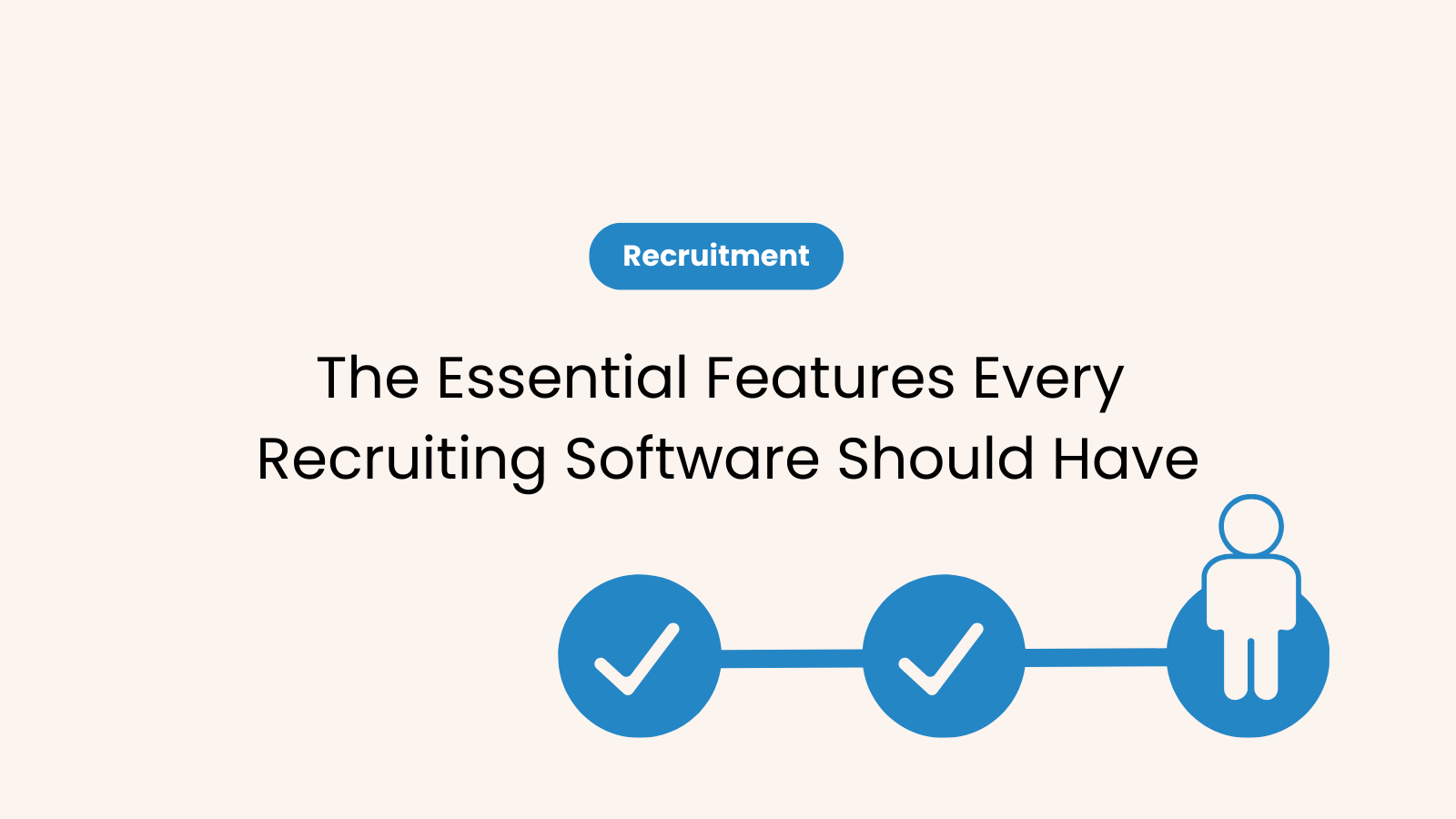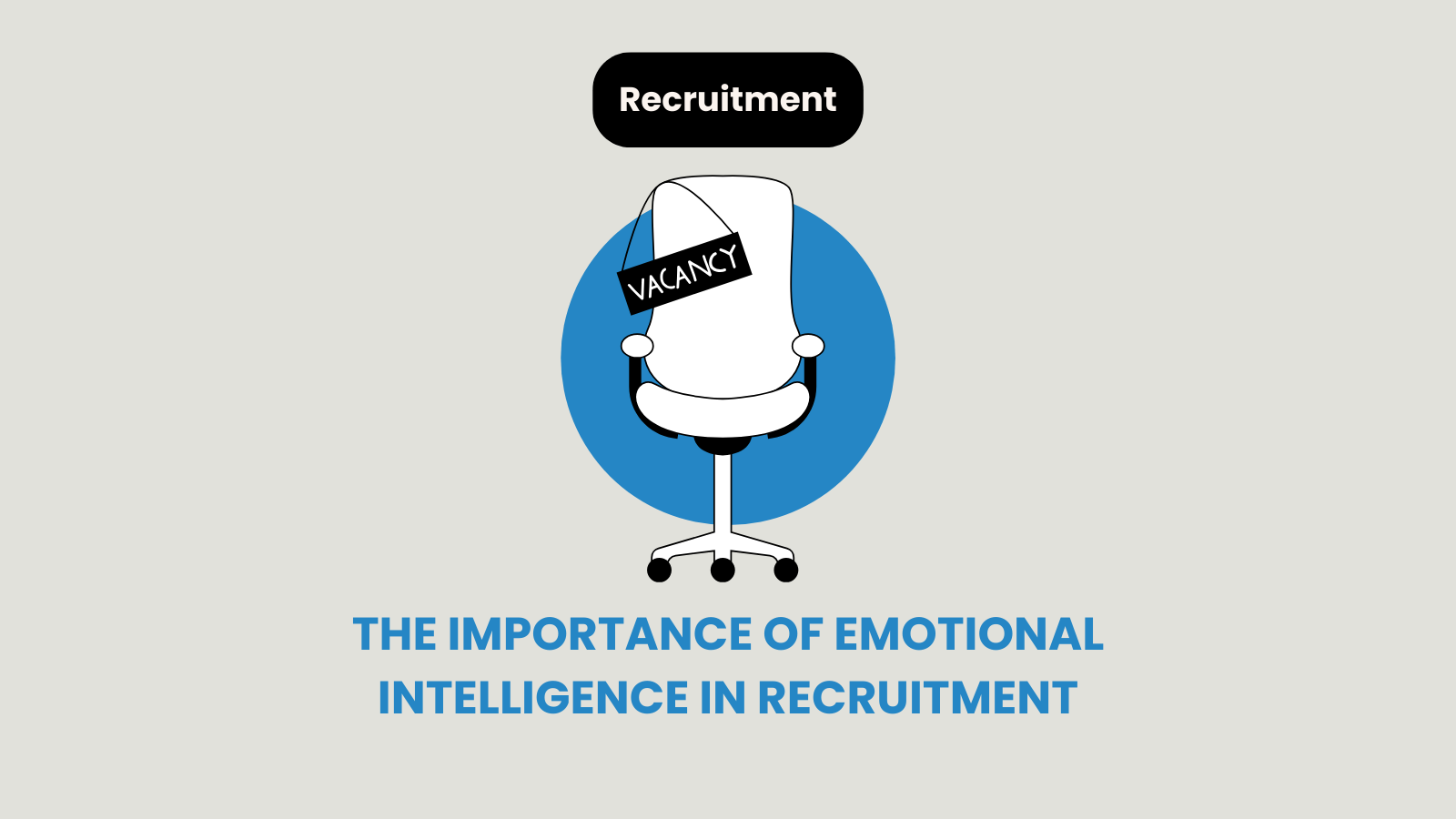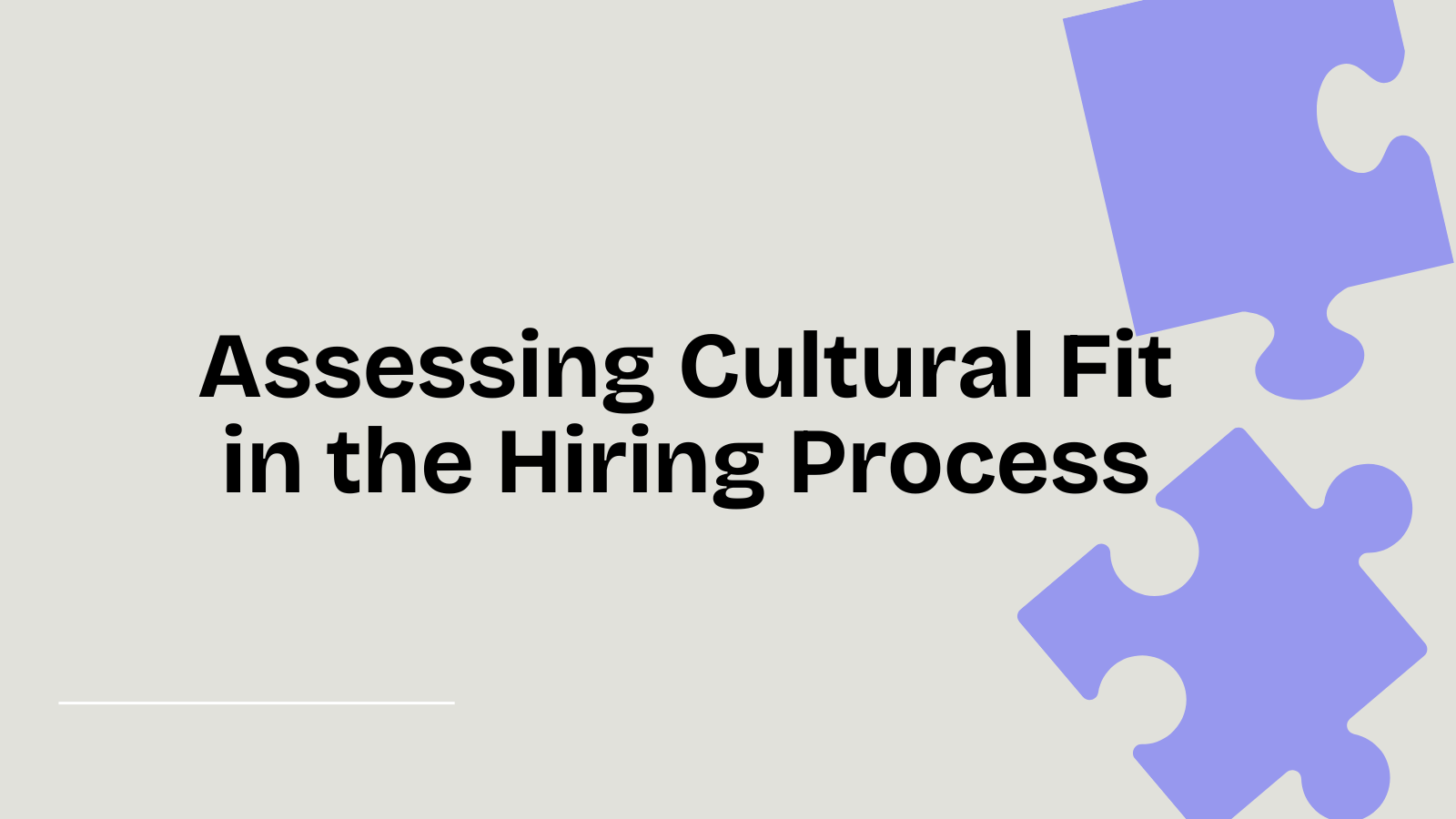Job ads with open salaries always represented an elite hiring practice. But these days, they’re becoming mandatory. And yes – it’s great news! While California and Colorado announced that their employers will start to comply from January 2023, the NYC salary transparency law already came into effect. On the one hand, it does come with a few hard knocks. Still, it could help millions of job seekers across the US make more money. So, as of November 1st, the City that Never Sleeps will disclose all wages, regardless of the employment type, company’s size or niche, or employer’s aims.
What is pay transparency?
An open salary policy states that all compensation a business offers its staff should be public. Some companies keep information about wages on a spreadsheet, while others use similar types of easily accessible layouts. In some cases, job seekers and other people outside of the company can also take a peek and discover what the salaries are like. They only need to read the full job ad and catch on to these details (and other benefits a company plans to offer to its future employees.) Recently, we’ve seen the EU’s pay transparency directive that strives to ensure equality by erasing the gap between salaries earned by men and women. And now, New York City salary transparency law intends to keep the balance and fairness up.
Why we need salary transparency laws
Being crystal-clear regarding financial matters, particularly salaries, brings companies a number of perks. First, disclosing the info about remuneration is one of the best ways to recruit and retain talents. Also, this practice can promote strong and healthy relationships between employees and employers. Further, honesty and transparency often boost productivity in the workplace and help workers achieve more. So, in short, being transparent and making wages public will positively impact both candidate and employee experience. Now, what about the benefits salary transparency laws will bring to job seekers and employees? Well, these insights can help workers find out more about their own market and its potential. That way, they’ll be ready for an interview with a new company or to discuss their promotion within the old firm. And they’ll easily dodge all those salary negotiation mistakes they would have likely made when lacking the valuable facts. So, strictly speaking, workers will be paid more and climb the ladder more easily.
What is NYC pay transparency law?
Or, in other words, do NYC jobs have to post salary ranges? Well, yes! It demands employers to reveal a minimum and maximum pay or hourly compensation in all listings for jobs, advancements, and transfer opportunities. According to the NYCCHR (New York City Commission on Human Rights) executive director of communications, this measure urges businesses to state “amounts they’re able to pay someone for a position at the time it’s posted.” Also, each recruitment agency or temp firm in the area is required to comply if they have four or more staff members on board – even if only one of them lives, works, and plays within this metropolis. In case they fail to adhere to this decision, employers will face penalties of up to $250,000.
Employers’ thoughts on New York salary transparency law
The official start of this law coming into effect was planned for May 2022. However, it was postponed. And even by November 1st, many were caught off guard and unprepared for this massive change. Now, according to on-site sources, the opinions of this new code are varied. Unsurprisingly, this shift has led to several trends that have surfaced in job ads:
- Willing compliance or the readiness to publish pay ranges even before the salary transparency law was officially on,
- Unreasonably broad pay ranges, or a gap between the lowest and highest salaries that goes up to $100,000,
- “The last moment” changes and edits, or a last-minute fix caused by a severe public backlash. Most of these employers were pressed to narrow their ranges.
The most extreme case so far was Citibank. Their wages openly varied from $0 to $2 million, which, of course, generated a mass knee-jerk reaction. Here’s a hint – no good came from this. Lastly, some firms went for “no payment information,” declining to make known the budget they were willing to offer to new staff members.
Employees’ and job seekers’ expectations
Regardless of the new law’s drawbacks, many will win big time from these rules and measures. In fact, job seekers, employees, and employers could make use of all that valuable information. That way, everyone will be familiar with career opportunities and make a move toward pay equity. Also, companies will need to rethink (and refine) their overall value proposition.
Simultaneously, firms that refuse to follow the regulations risk way more than penalties. Actually, it’s employee retention and the business’s reputation that are at stake. But before going fully public about the financial info, many will just have to boost their offerings and working conditions.
🚨 1 in 20 workers will quit if they find out they’re making less than their coworkers. 🚨
So could transparent pay ranges trigger a whole new wave of great resignation? A comprehensive survey conducted among US workers showed that 1 in 20 workers are likely to resign if their salaries were lower than their colleagues. Likeways, 63% of the folks who found out about the pay ranges within their firm will ask for a raise.
What should employers do? There are two choices:
- To provide equal opportunity and fair pay to all their staff members,
- To watch their workers as they look for more suitable career opportunities (meaning: remuneration) elsewhere.
Also, the key is to create pay practices that work for a specific business. First, the budgeting must be done properly and timely. And second, it’s vital to be completely clear regarding the practice of pay and reward when communicating with employees. Going with explaining “why you pay people what you pay them” is good. But it should be susceptible to changes and improvements.
The employer pay disclosures are still it.
Open salaries (disclosed by an employer) are way better than online salary databases. Or, to be more precise, they’re more accurate and reliable from employees’ and job seekers’ points of view. Glassdoor and Indeed strive to provide precise insights and ease the search for the next career opportunity. And so does LinkedIn. More than that, these sites allow companies to see what their competition offers to prospective hires.
Still, learning about wages from these websites isn’t always the best idea. First of all, some of the displayed information isn’t exactly up-to-date. Or they could fail to match the figure with a specific job title. This happens because they often base their info on similar roles and their requirements. While useful for generalized comparison, they’re frequently off-point. So, if a business strives to attract and hire the top industry experts, they should start by answering their basic questions – such as how much money they could be making if they join the squad. With nearly 85% of workers being more likely to apply for a job that lists a salary range, it’s clear what a smart thing to do is.
Salary transparency laws for 2023
👉 Effective January 2023, Washington employers will also be urged to publish information about the salaries they’re willing to offer. This law states that all firms with fifteen or more employees must include the wage scale in each job posting. The same information has to be given to current employees who are promoted or shifted to another position within the company.
👉 California will go by the same set of rules. Also, private sector employers who have more than 100 workers will be required to file an annual pay data report with the California Civil Rights Department by the second Wednesday in May. These pay data reports will need to highlight the number of employees by ethnicity, race, and sex for ten specified job categories and include the data regarding these groups’ monthly or hourly wages. 👉 In Colorado, employers will be prohibited from asking about their applicants’ salary history or basing any further hiring decisions on it. Furthermore, they’ll maintain a record of job titles and pay history throughout each person’s employment and for two years after the contract termination.
NYC salary transparency law is yet to bring results!
The more pay transparency, the better! Nearly all employees are unanimous when it comes to this particular matter. For once, directness and openness help them gain perspective and quit the guessing game when negotiating with a new employer. But there are more vital issues that these laws could resolve. They could reduce the gap between certain employees and groups and secure more fairness and equity. According to the US Census Bureau, women make 82 cents for every dollar a man earns. And many New Yorkers believe that the salary transparency law will iron out this obstacle and other similar ones. But what’s more encouraging – different regions, states, and cities will follow their lead! So stay tuned – 2023 might easily bring us equitable hiring trends!



